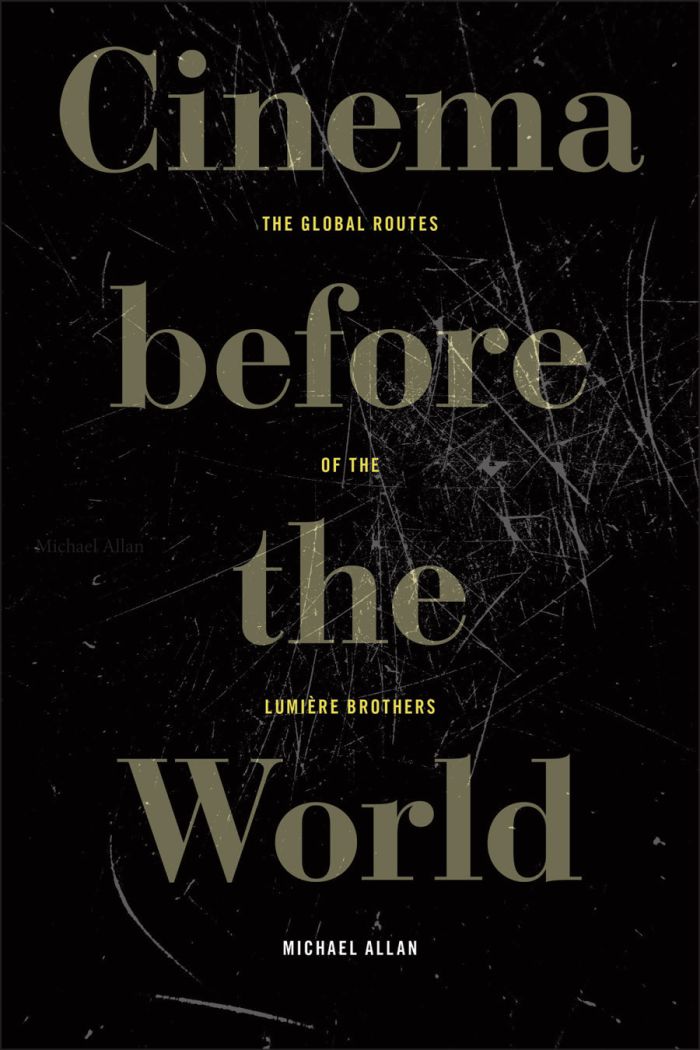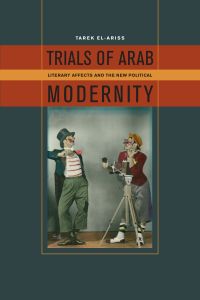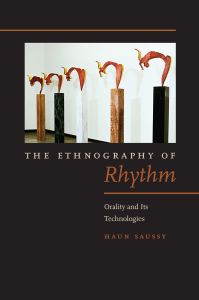Cinema before the World
The Global Routes of the Lumière Brothers

This book can be opened with

Cinema before the World investigates the transnational origins of filmmaking by focusing on a case study in world cinema—the 1896-1897 voyage of one of the Lumière Brothers camera operators, Alexandre Promio, across North Africa and the Middle East. The book shows how the sites in these early films are not simply backdrops, but integral to film form and its global history.
Connecting a series of filmic principles (framing, tracking shots, close-ups) to the sites where they are made visible (a rooftop in Algiers, a train station and the Jaffa Gate in Jerusalem), Allan unsettles a familiar narrative of imperial vision. In the interplay of local history and global media, he highlights tensions between ethnography, observation, and visual capture, revealing how the Lumière Brothers films persist as living archives.
The book evokes a formative moment when cinema stood before the world—both as a technological marvel and as a medium that shaped how space and time were perceived. Tracing a journey from Algeria to Egypt and Palestine, and moving across media from lithography to photography and panoramas, Allan shows how in the hands of later filmmakers, such as Egyptian director Youssef Chahine and the Syrian collective Abounaddara, the Lumière films continue to enrich and inform visions of what cinema—and the world—can be.
Cinema before the World offers a critical historical intervention in the global story of the cinematograph and a visionary method for film scholarship grounded in transnational analysis across languages, regions, and media.
“In this boldly original work Michael Allan scrutinizes films of the Middle East shot by Alexandre Promio for the Lumière company in 1897. Analyzed formally and in terms of their historical and cultural significance, these films, lasting less than a minute, reveal the promise of a world cinema yet to be fulfilled.”—Tom Gunning, University of Chicago
“Early ‘travelogue’ films are often perceived as static: at worst Orientalist clichés, at best indexical witnesses. In contrast, Allan conceives of the Lumières’ films from cities like Cairo and Jerusalem as in motion, in relation, inexhaustible: worthy of being the origin moments of a decolonized world cinema.”—Laura Marks, Simon Fraser University
Introduction: Microhistory: Envisioning Ellipsis | 1
A Flashback to Cinema’s Elsewhere, 5 • Microhistory: Excess as
Method, 10 • Illusions of Index, or the Ethnographic Mirage, 13 •
Conceptual Cartography, 17 • A Preface to Prehistory: A Potential Future of Cinema, 20
1 World: The Labor of Representation | 23
On Atlases and Adjacency, 26 • An Archive of Potential Worlds, 31 •
Iteration and Empire, or the Labor of World Cinema, 35 •
Afterimages of Future Pasts: Glass and Bricks, 39
2 Location: Locating Looks in World Cinema | 43
Mirror: A Local History of World Cinema, 47 •
Window: A World History of Local Cinema, 51 •
(The Postcolonial) Pivot: Unlearning Imperial Enchantment, 56 •
Portal: Beyond the World Picture, 60
3 Frames: De-Centering Orientalist Optics | 62
A Frame Story, 65 • Enframing the Unpredictable, 70 • Beyond
Icon and Index, or a Prayer for Mimesis, 72 • An Expanded Field, 75 •
The Photorama, or a World without Frames, 80 • De-Orientalizing Optics, 82
4 Sovereignty: Iterations of Cinematic Statecraft | 85
Serial Sovereigns, 88 • The Khedive’s Two Bodies, 91 • Sovereign
Cuts, 95 • Sovereign Afterlives, 99 • The Sovereign Image?, 103
5 History: The Duration of Myth | 105
Perfecting Place, 108 • Picturing the Past, 110 • The Image of
Duration, 114 • Cinematic Futures, 119 • The Cinematic Event, 122
6 Tracks: Tracking the World in/as Cinema | 124
Placing Perceptual Paradigms, 129 • Middle East Trains, 132 •
World in/as Motion, 138 • Arriving at a Farewell, 140
7 Scale: The World as Close-Up | 145
The Figure in the Carpet, 148 • The Close-Up
at a Formal Distance, 151 • Looking and Masking, 158 •
Zoom Out: Facing the Globe, 162
Epilogue: Planet: Otherworldly Futures | 167
Toward a Planetary Cinema, 169 • Planetarity, 173 • The Promise of
a Future Planet, 176 • A World beyond Compare, 178
Acknowledgments | 181
Notes | 187
Bibliography | 215
Index | 231






